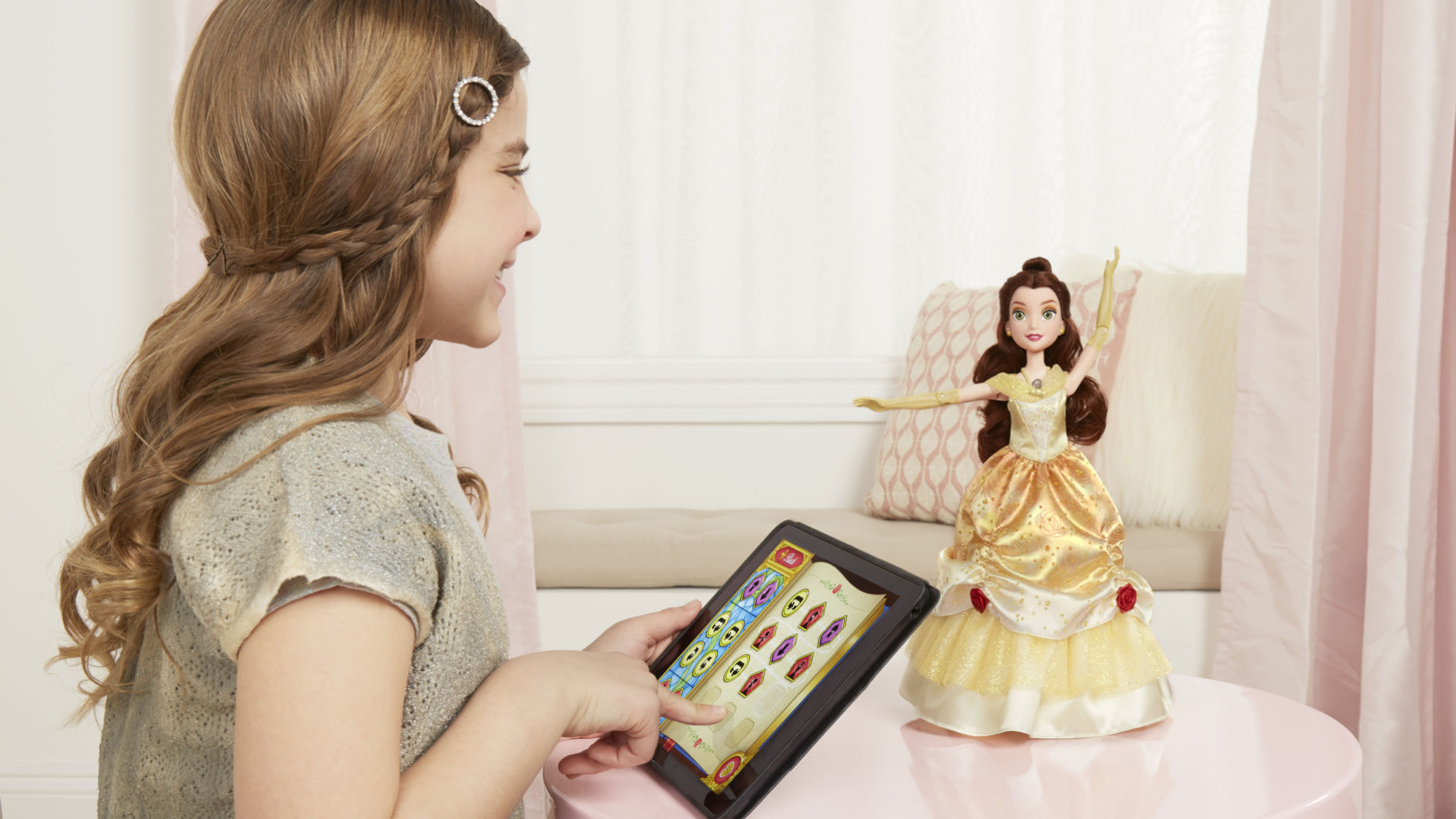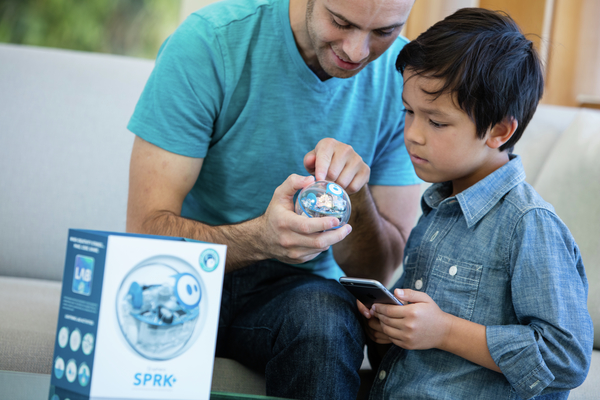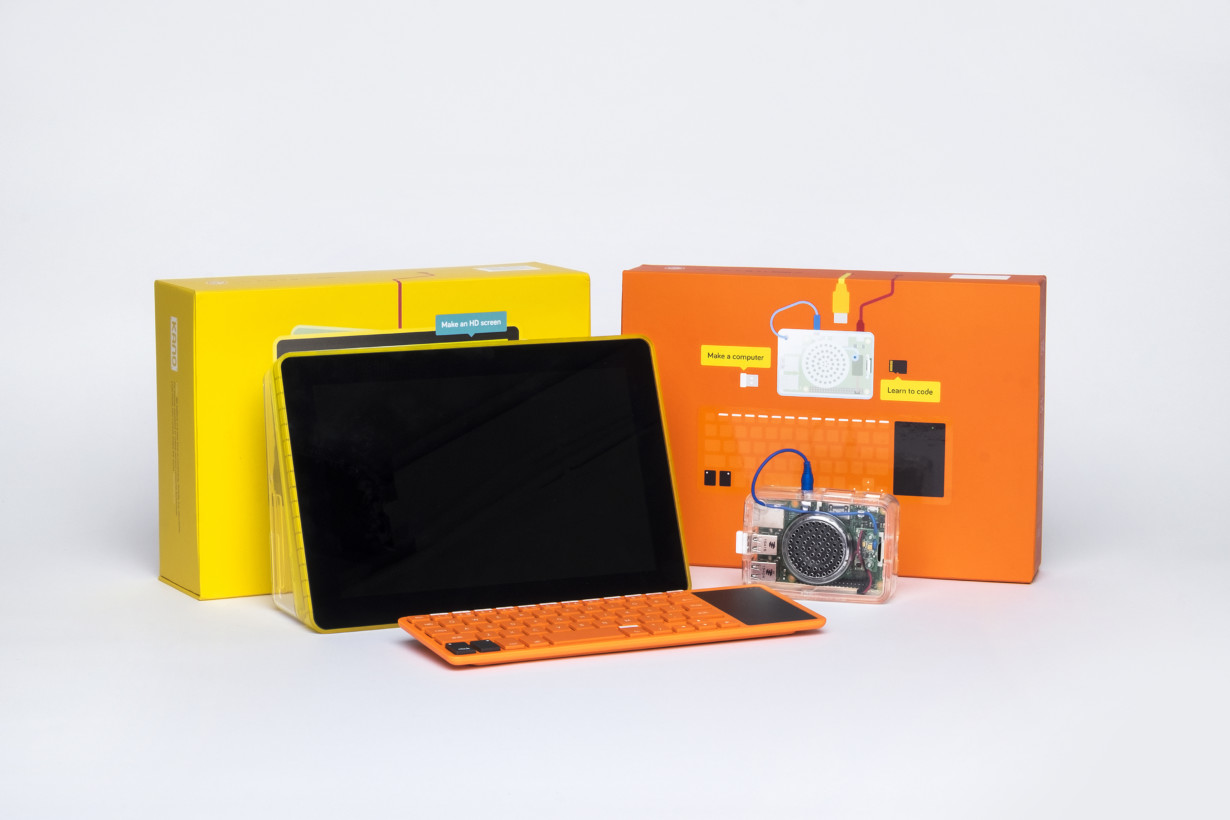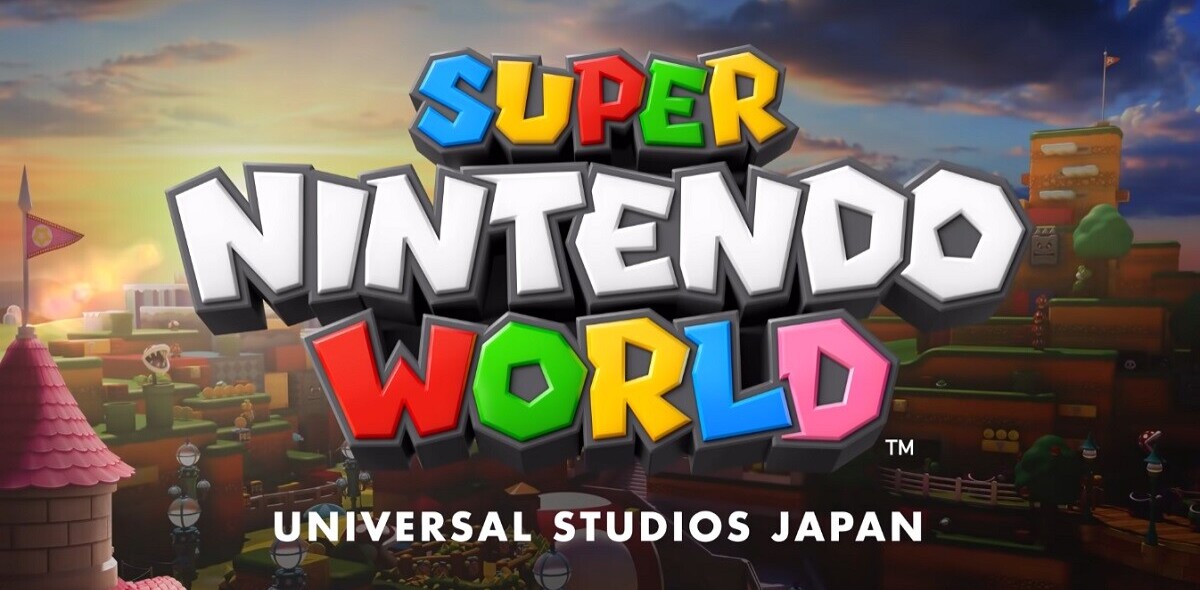
Whether you’re a tech geek who wants to pass your interests on to your offspring, or a tech-challenged individual desperate to end the technical illiteracy cycle with you, toys are a great way to trick your kids into learning.
There’s a huge trend in STEM toys meant to spark children’s interest in science, technology, engineering and mathematics. Many toy manufacturers have picked up on the importance of introducing kids to STEM activities, such as coding, and are using it to boost their sales.
These toys won’t guarantee your kids a job coding at major tech firms, but they might be just enough to spark their interest and give them a more complete knowledge about the technological world that surrounds them.
1. LEGO BOOST Creative Toolbox
Despite the ever-increasing supply of computer entertainment for children, the Danish toy company LEGO has not only weathered the storm, it has actually increased its sales astonishingly since 2010.
LEGO has announced launching of a new block set in August this year aimed at teaching kids fundamentals of coding. The new set, under the name of LEGO BOOST Creative Toolbox, will introduce coding principles to children by combining the versatility of the original system with advanced technology.
The Creative Toolbox will include over 840 traditional pieces, access to a free tablet app and new specialized items such as the encoded Interactive Motor, Color & Distance Sensor and LEGO Move Hub equipped with Bluetooth connectivity, internal tilt sensors, light and other features.
Kids — and perhaps nostalgic adults — can create five different pre-designed models with the Creative Toolbox and control them by lining up commands in the tablet app. The models include a shooting robot, multi-terrain vehicle, friendly cat, miniature factory and a rocking guitar.
I remember fondly spending hours on creating entirely new worlds out of Lego, trying to create interesting gadgets out of LEGO Technic and how amazed I was when I got a LEGO train set. I can only imagine the how fun it will be to take your LEGO structures to the next level and see them come to life.
2. Dance Code Belle

Leading toy companies like Hasbro have started introducing STEM toys to their traditional products, also in toys that are specifically targeted at girls. It’s great news that companies have started introducing coding in toys for girls, especially since many have pointed out the need for more women in coding.
Gizmodo Australia reported that one of Hasbro’s new STEM toy is a Belle doll from Disney’s Beauty and the Beast film. In addition to being able to talk and move the new Dance Code Belle doll has a feature where it can be linked with a programming app that allows children to code original dance routines.
The neat thing about Dance Code Belle’s app is that it has two versions, depending on the child’s age. The older kids can challenge themselves by trying out the “block coding” — dragging and dropping blocks to create a dance routine — while the younger kids can try out the simplified “connect the dots mode”.
Dance Code Belle will probably be able to add a new level to traditional doll play and maybe it will become a standard feature for dolls in the future. We might be entering an era where you can no longer have a proper slumber party without having an impressive doll dance-off.
3. Sphero SPRK+

The STEM toy industry isn’t only for the big boys, many startups have also seen the possibilities of infusing play and learning. One of those startups is Sphero which has revamped one of humanity’s oldest toys, the ball, by introducing it to coding.
Instead of simply catching, kicking or throwing a ball, Sphero invites kids to program the Sphero SPRK+ ball’s movements in creative ways. Using the SPRK Lightning Lab app, kids can create a code in a “drag and drop” fashion which dictates the movement of Sphero. The app also offers more in-depth information about the coding which kids can check out once they’ve grown accustomed to creating code for Sphero.
Sphero has already been introduced to classrooms in the US — although originally Sphero educational aspect happen mostly by accident — to teach coding, mimic the solar system, developing problem-solving skills, etc.
So, if you’re having trouble bonding with your soccer-crazed offspring — perhaps caused by the traumatic experience of being picked last in PE — try introducing them to Sphero and get the fun started. And if you want to geek it up even further, Sphero has also made an awesome BB-8 version in collaboration with Disney.
4. Kano

Once children’s interest in coding has been sparked with traditional toys, they’ll need an intermediary step between toys and real coding. That’s where Kano steps in.
Kano’s makers say that it “is a computer anyone can make”. Kano offers different types of kits which allows kids (and interested adults) to create their own computer, speakers and screen while simultaneously learning how these gadgets function. The kits come with easy to understand booklets that explain the function of each part in terms that kids can understand.
“When we got started there was a lot of skepticism surrounding our concept. A lot of people said, well, you know kids can get an Amazon Fire tablet for 50 bucks which is going to be a really fast beautiful computer with a touchscreen. It’s going to have all their apps. Why are they going to want to spend any time building your computer and coding your computer? They just want to buy one. But after we shipped the very first production units in September, 2014, kids loved them, their parents were going wild. We were mentioned by Steve Wozniak. The reviews were incredible,” told Alex Klein, CEO and founder, The Next Web.
Kano could prove to be a fun way for kids and their parents to get to know computers and coding even better. Approaching computers and coding from the ground up — seeing what makes the computer actually function bit by bit — is a new and interesting way to spark children’s interest.
Get the TNW newsletter
Get the most important tech news in your inbox each week.





